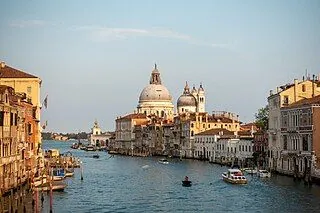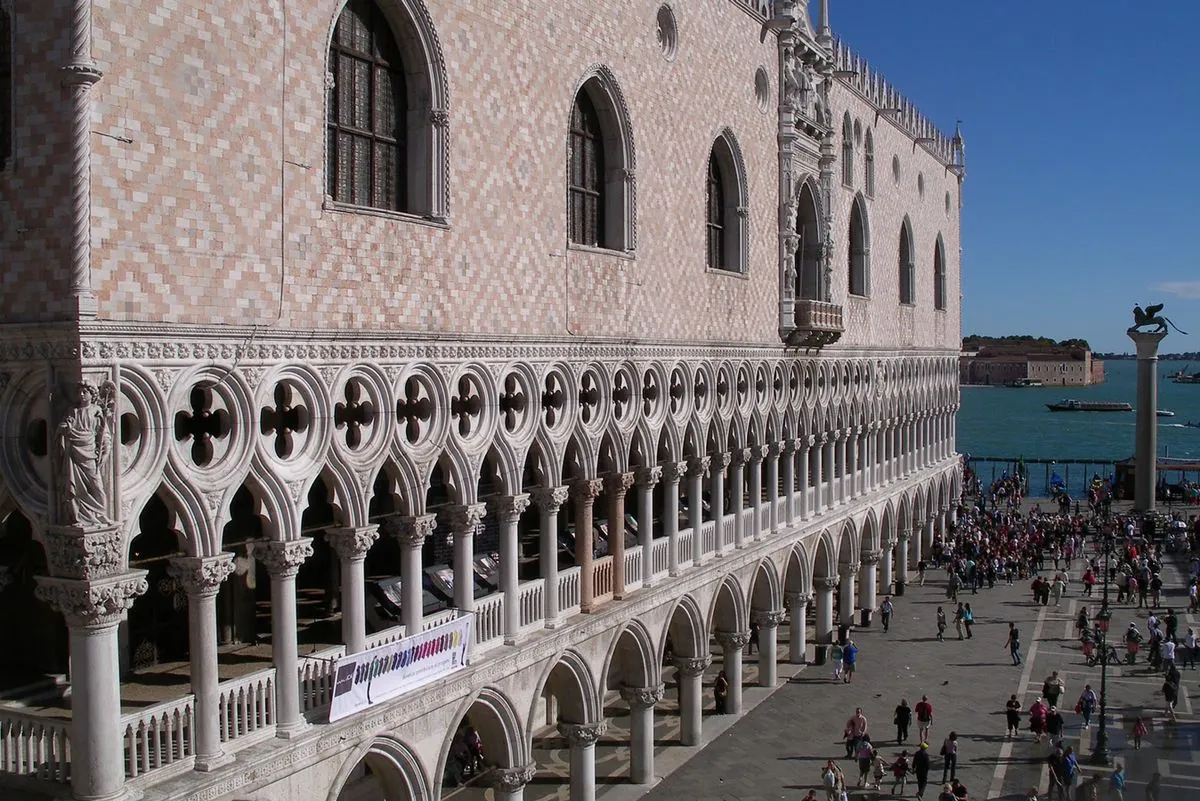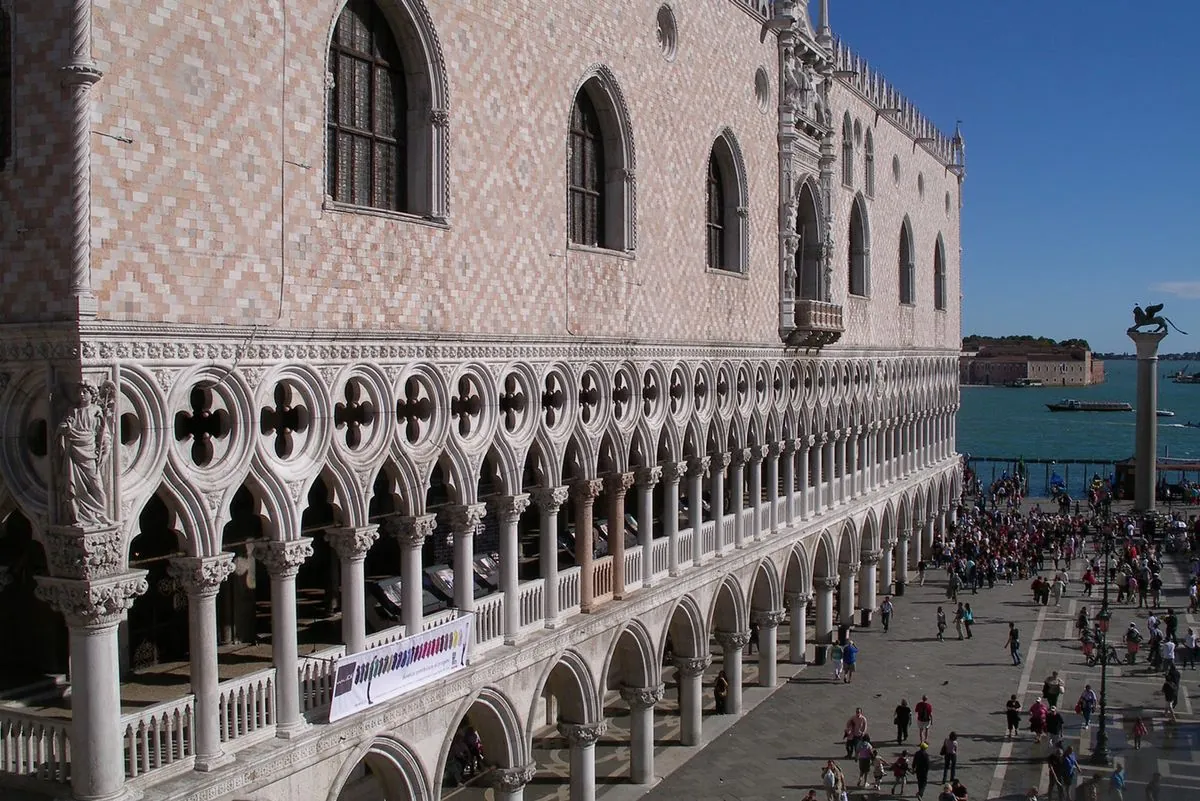Venice
Venice is a city in northeastern Italy and the capital of the Veneto region. It is built on a group of 126 islands that are separated by expanses of open water and by canals; portions of the city are linked by 472 bridges. The islands are in the shallow Venetian Lagoon, an enclosed bay lying between the mouths of the Po and the Piave rivers. In 2020, around 258,685 people resided in greater Venice or the Comune di Venezia, of whom around 51,000 live in the historical island city of Venice and the rest on the mainland (terraferma). Together with the cities of Padua and Treviso, Venice is included in the Padua-Treviso-Venice Metropolitan Area (PATREVE), which is considered a statistical metropolitan area, with a total population of 2.6 million.

Some of the key events about Venice
- 421The city of Venice was founded on the islands of the lagoon
- 828The relics of Saint Mark were brought to Venice, establishing it as a major religious center
- 1094The Basilica of San Marco was consecrated, becoming a symbol of Venetian wealth and power
- 1202Venice launched the Fourth Crusade, significantly expanding its maritime empire
- 1348The Great Council of Venice was established, solidifying the city's oligarchic government system
- 1348The Black Death pandemic devastated Venice, killing up to 60% of its population.
- 1474Venice became one of the first cities to grant a patent for invention, fostering innovation
- 1508The League of Cambrai was formed against Venice, leading to a series of wars that weakened the republic.
- 1516The world's first Jewish ghetto was established in Venice, providing a unique community space
- 1571A devastating fire destroyed much of the Doge's Palace and numerous priceless artworks.
- 1630Another plague outbreak killed nearly a third of Venice's population.
- 1637The first public opera house in the world, Teatro San Cassiano, opened in Venice
- 1797The Venetian Republic peacefully surrendered to Napoleon Bonaparte, ending over a millennium of independence
- 1797The Republic of Venice fell to Napoleon Bonaparte, ending over a thousand years of independence.
- 1848Venice unsuccessfully rebelled against Austrian rule, resulting in a prolonged siege and economic hardship.
- 1966A severe flood submerged Venice under six feet of water, causing extensive damage to art and architecture.
- 1987Venice and its lagoon were designated as a UNESCO World Heritage Site
- 1987Venice was added to UNESCO's list of World Heritage Sites in Danger due to environmental threats.
- 2019Venice experienced its worst flooding in over 50 years, submerging 85% of the city.
- 2020The COVID-19 pandemic severely impacted Venice's tourism-dependent economy, leaving the city largely deserted.
Disclaimer: This material is written based on information taken from open sources, including Wikipedia, news media, podcasts, and other public sources.































